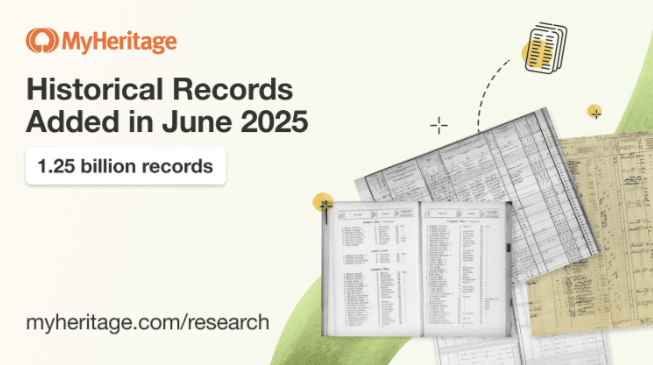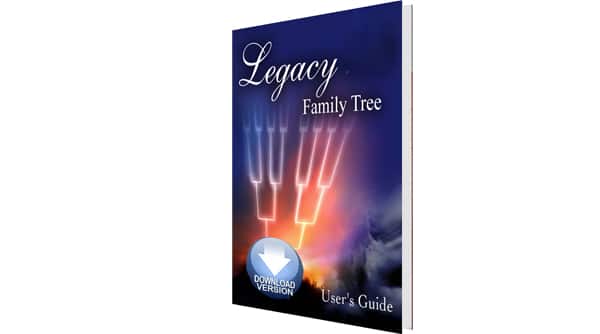Your cart is currently empty!
Be careful what you publish – web sites are archived forever
The other day I was teaching my 6-year-old how to "Google." He needed information for a homework assignment. Out of curiosity, we did a search for his full name. I was shocked with Google’s findings.
Google found one exact match for his full name. We clicked on the link and got the "page is no longer available" message. Knowing that Google archives most web sites, I backed up to the results page, and instead of clicking on the link, I clicked on the link entitled "Cached". The resulting page was a Family Group Record that contained all of my family’s personal information – our birth dates, marriage date, and complete names of each member of our family.
Whoever originally published my family’s information hopefully realized that they should not have, and it appears that they removed our information from their website. What they may not have realized, is that Google, and other services, takes snapshots of each page examined as it "crawls" the web, and caches (archives) these as a backup in case the original page is not available.
Most of the time, for genealogists this archiving of information is good. How many of us have returned to a web site where we once located valuable information on our ancestors, only to find that the web site no longer exists? In these situations, clicking on the "Cached" link in Google’s search results will often pull up the missing page.
Just be careful when you are sharing or publishing information that you do not compromise the privacy of your family. Fortunately, Legacy Family Tree makes this easy to do. If you plan to share a Family Group Record, a book report, or even a GEDCOM file, be sure that you turn off the display of living information. For example, if you are creating a Family Group Record to share, and you want to exclude the living information, follow these steps:
- Click on the Reports icon in the main toolbar and select the Family tab.
- Click on the Report Options button and click on the Format tab.
- In the top right, click on the option to "Suppress details for living people". You can even choose its sub-option, "Change name to "Living"."
When is the last time you Googled your name? Give it a try – you might be surprised what you find.



I am deceased on a couple of family histories copied by others who do not check that what they publish is correct. So always double check